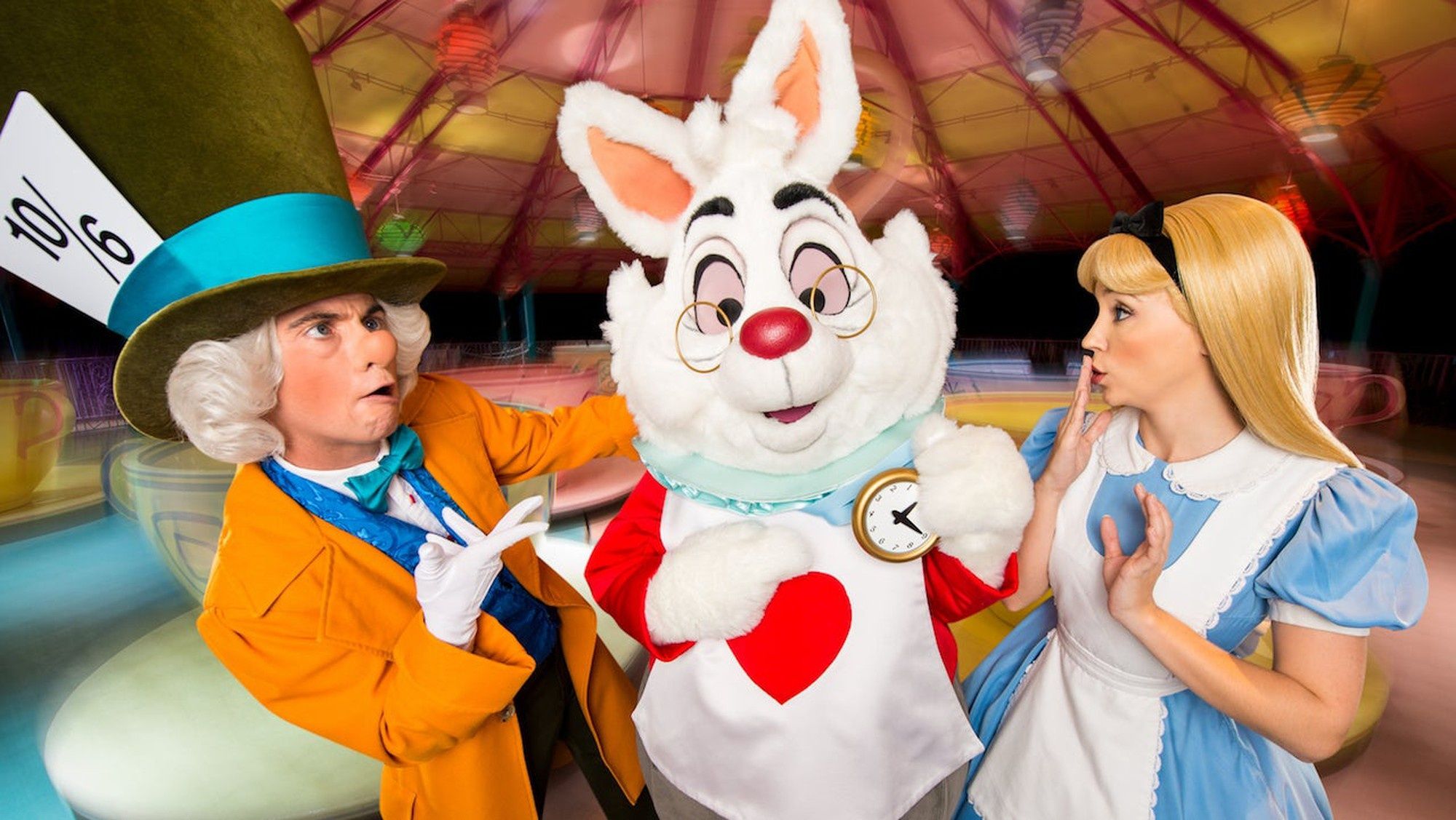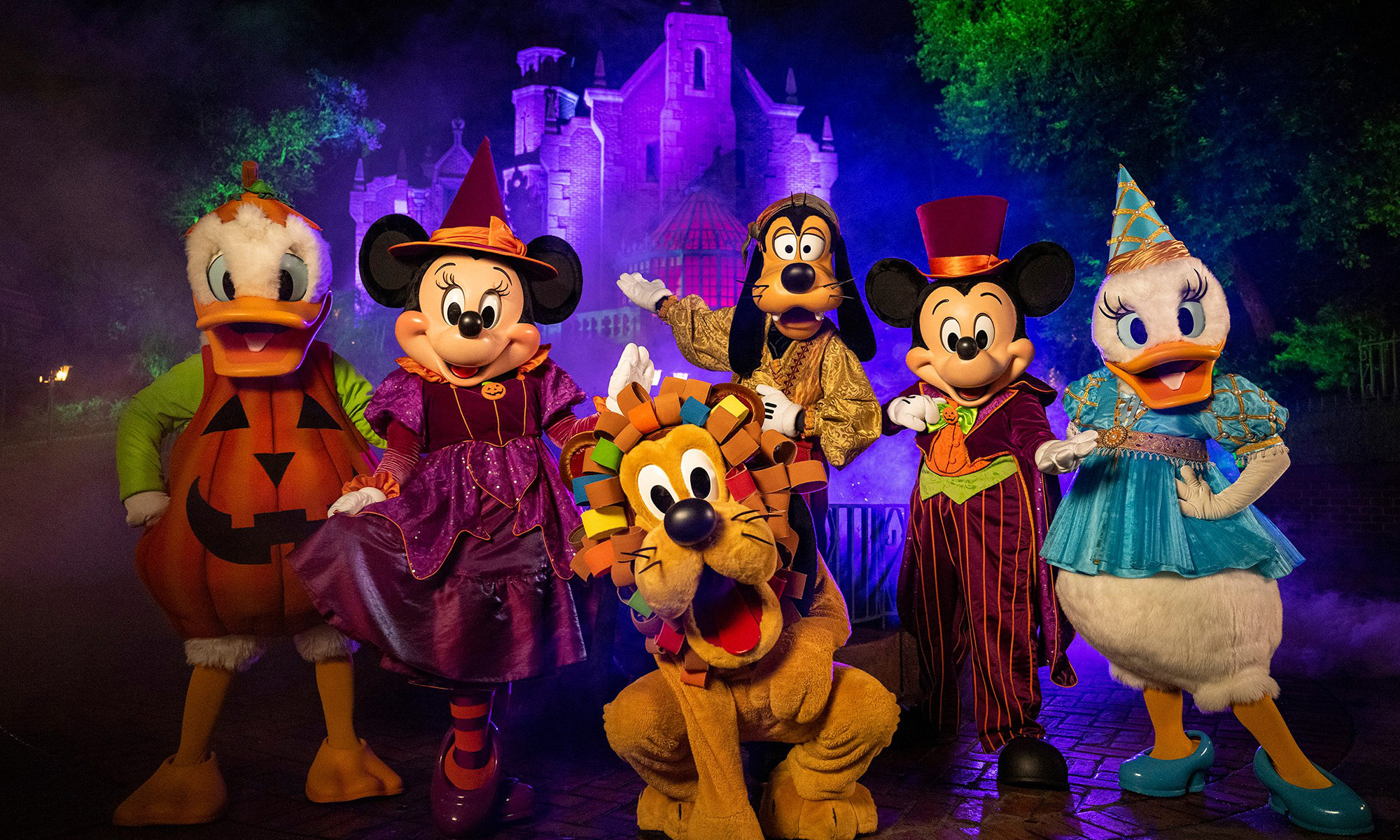It's hard to find a more successful entertainment company than Disney (DIS 0.11%). The media giant operates the world's leading theme parks, and it put out the six highest-grossing movies of 2019. November's launch of Disney+ was also a success out of the gate, making it the first relevant streaming service to launch in years.
Looking back is a refreshing exercise when it comes to Disney, but what about the future? Last year I looked at where the House of Mouse would be a year from now as well as 10 years into the future. Let's split the difference, now with a little more visibility on Disney's plans for the future, and explore where Disney could be come 2025.

Image source: Disney.
The wildest ride in the wilderness
Let's start with theme parks, Disney's most consistent producer over the years. The near-term snapshot is blurry. Its parks in Shanghai and Hong Kong remain closed since shutting down four weeks ago as a result of the coronavirus outbreak. Attendance at its domestic theme parks is growing again after a short-lived setback last year, but it remains to be seen if raising many of its ticket prices earlier this month will weigh on its turnstile clicks.
It's a lot easier to see things five years from now. The major new rides and attractions coming to Disney World for next year's 50th birthday celebration, as well as a massive makeover for Epcot, an immersive Star Wars-themed hotel, and the Marvel-themed expansion in Disneyland, will all be complete. The other certainty is that five years form now Disney will have gone through with at least five price increases -- and folks will keep coming.
It's also a very strong bet that Disney World announces a fifth theme park for its Florida resort. Between the overcrowding at its current gated attractions and with its largest rival set to open a new park in 2023, it wouldn't be a surprise to see Disney try to steal some of that thunder by announcing its own expansion.
When you wish upon a star
Turning our attention to media networks, Disney's trading pay TV and cable viewers for folks paying less for Disney+. The gamble is paying off more in terms of pumping up share price than revenue, but the payoff in five years should be worth it. Going directly to consumers arms Disney with viewership data and the ability to make even smarter content decisions in the future.
No one has the arsenal of intellectual property juggernauts that this Mickey Mouse company stockpiles, and it's the reason Disney+ hit the ground running with its launch three month ago. The big question folks are asking now is if Disney can follow up the success of The Mandalorian, but it's really just a matter of when Disney+ lands its next sticky block of programming. It has grown its user base to nearly 30 million accounts in just three months. Just wait until it has more numbers to crunch so it can really pump out the content its users crave.
This brings us to Disney's studio entertainment arm. Disney had a strong year at the multiplex last year, but it carved out a thicker slice of a smaller pie. Domestic theater attendance peaked in 2002, and there's no reason to think folks will return to the corner moviehouse. The industry will experience a slow fade. It won't be as dramatic a shift as we'll see from pay TV to streaming services, but the transition away from theatrical screenings and DVD sales as revenue drivers will place new weight on streaming and digital rentals, as well as new revenue channels that will emerge.
In the end, Disney will be even more relevant and valuable than it is right now. Its theme parks will build on the roughly 160 million guests who were entertained worldwide last year, and it will milk more revenue out of its growing attendance. Disney+ will become an even bigger player in media consumption, and by 2025 investors won't mind how traditional media networks are shrinking in the rearview mirror. Disney movies will have a higher success rate, even if it scales back on the number of big-budget productions. It will be an even bigger blue chip stock, and that's just what the market needs.






